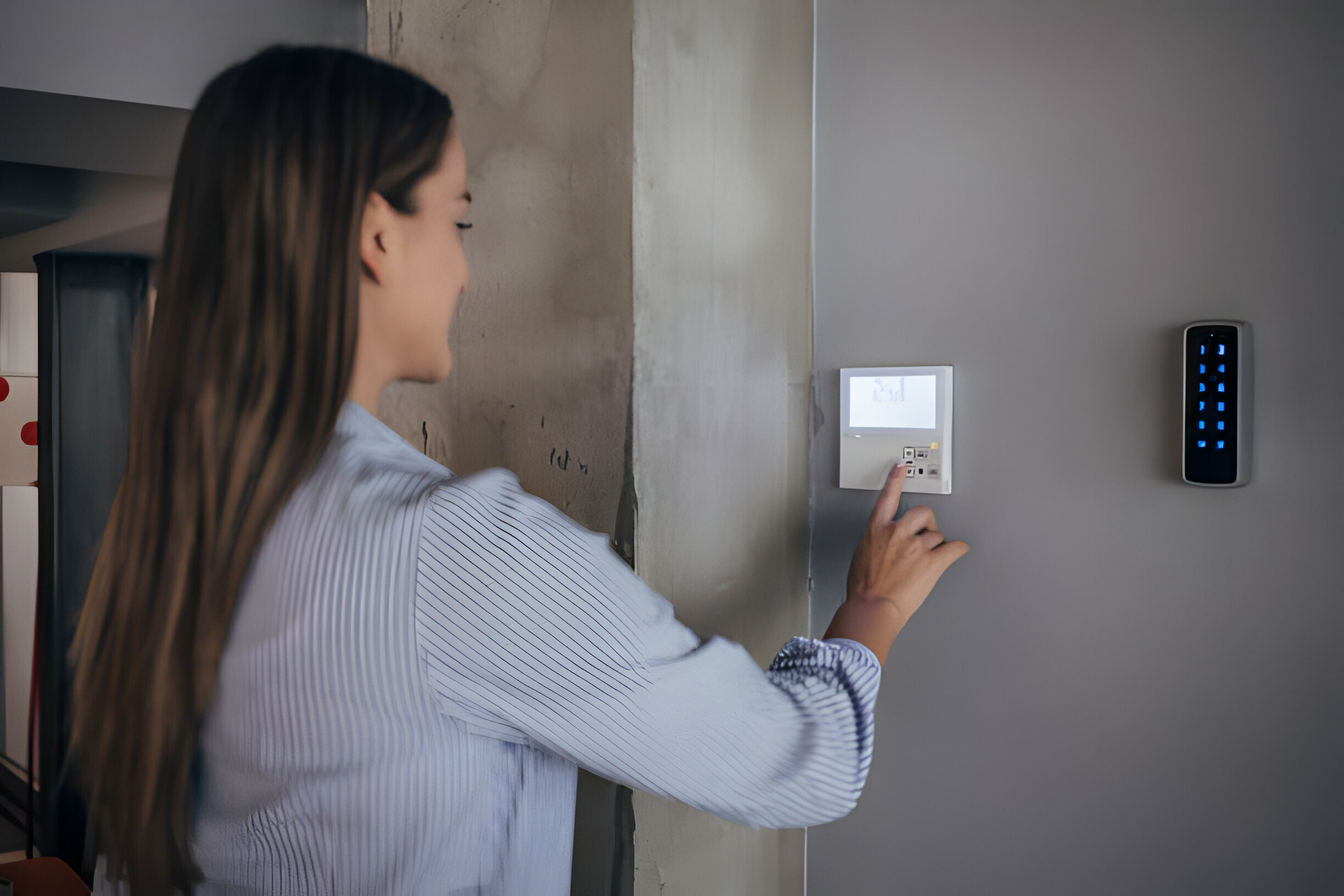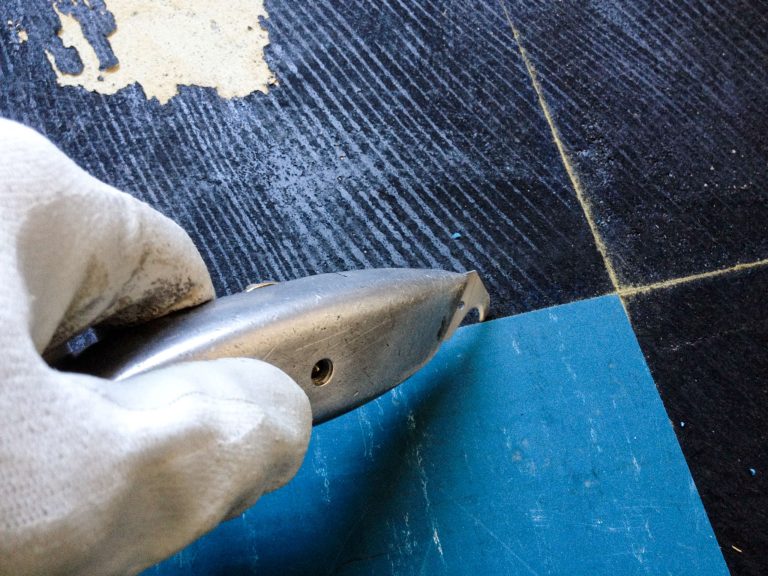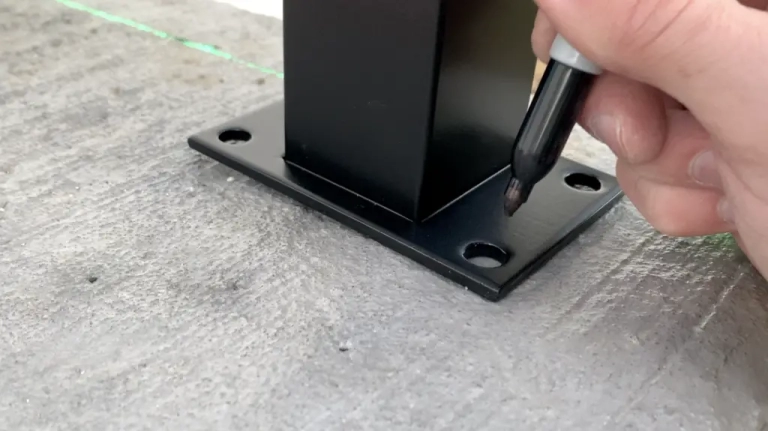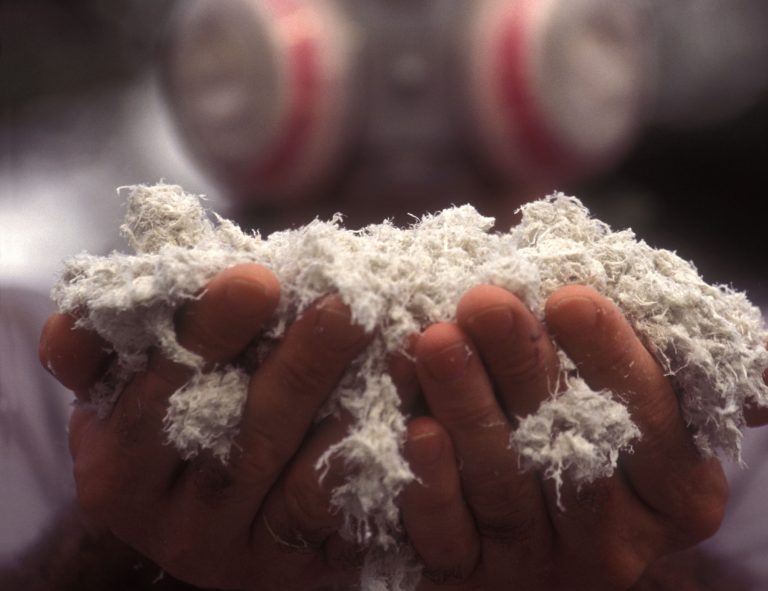The Cool Revolution: Unveiling the Inventor of Air Conditioning
Greetings, fellow enthusiasts of cool and crisp air! As an individual who has spent over a decade reveling in the intricacies of air conditioning, it brings me immense joy to embark on this journey with you. Today, we peel back the layers of time to answer one burning question that has lingered in the minds of many: Who, my friends, is the brilliant mind behind the invention of air conditioning?
- The Early Years of Cooling
- Willis Haviland Carrier - The Pioneer
- Other Contributors and Innovations
- Air Conditioning in the Modern Era
- Sustainable Innovations
-
Frequently Asked Questions
- Was Willis Haviland Carrier the sole inventor of air conditioning?
- What were the primary challenges faced in the early development of air conditioning?
- How has air conditioning technology evolved over the years?
- Are there any alternatives to traditional centralized air conditioning systems?
- How has air conditioning contributed to environmental concerns, and what solutions are being explored?
The Early Years of Cooling
The Need for Cooling
In the sweltering heat of antiquity, as civilizations began to flourish, the need for a reliable cooling system became apparent. Imagine the struggles of our ancestors as they yearned for a respite from the relentless sun. Sweating was in vogue, but comfort remained elusive.
Ancient Cooling Techniques
Our ancestors, ingenious in their simplicity, employed various techniques to cool their surroundings. From strategically placed ice blocks to the rhythmic fanning of leaves, they paved the way for what we now know as air conditioning. The echoes of their efforts linger in the breeze of innovation that graces our present-day cooling systems.
Willis Haviland Carrier – The Pioneer
Background of Willis Haviland Carrier
Fast forward to the turn of the 20th century, and enter our hero, Willis Haviland Carrier. Armed with education and a penchant for problem-solving, Carrier emerged as a key figure in the realm of temperature mastery. His background in engineering and a relentless pursuit of knowledge set the stage for a revolution.
The Birth of Modern Air Conditioning
In 1902, Carrier unveiled the first modern air conditioning system, originally designed to maintain ideal humidity levels in a Brooklyn printing plant. Little did he know that his invention would transform the very fabric of our daily lives. Humidity, once an unruly beast, now bowed to the mastery of air conditioning.
Evolution and Impact
As Carrier’s invention evolved, so did its impact. No longer confined to industrial settings, air conditioning found its way into homes, theaters, and eventually every nook and cranny demanding a touch of cool comfort. The evolution from luxury to necessity was complete, forever altering the way we experience our built environments.
Other Contributors and Innovations
Stuart Cramer and Humidity Control
While Carrier may be the main act, let’s not forget the supporting cast. Stuart Cramer, another luminary in the air conditioning saga, brought forth the importance of humidity control. Together, Carrier and Cramer laid the foundation for a balanced, controlled climate that would define modern air conditioning.
Advancements in Refrigerants
The journey didn’t stop there. Advancements in refrigerants played a pivotal role, ushering in an era of increased efficiency and environmental consciousness. The coolants, once a mere detail in the grand scheme, became stars of the show, grappling with the challenges of both performance and sustainability.
Mini-Split Systems and Ductless Innovations
As we dance through the timeline, we encounter the advent of mini-split systems and ductless innovations. The beauty of these advancements lies in their adaptability, providing personalized pockets of coolness without the need for extensive ductwork. It’s as if air conditioning itself has embraced a form of freedom, unshackled by traditional constraints. Need help with your AC? Check out our heating and cooling Melbourne page.

Air Conditioning in the Modern Era
Fast forward to our contemporary lives, and it’s clear that air conditioning has become an integral part of our daily existence. No longer a luxury reserved for the elite, it’s a ubiquitous feature in homes, businesses, and even vehicles. The sweltering heat of summer is met with the cool embrace of conditioned air, providing comfort and respite from the elements.
Sustainable Innovations
In the grand narrative of air conditioning, the plot thickens as we delve into the latest chapter—sustainable innovations. With increasing concerns about environmental impact, the industry has taken a turn towards eco-friendly solutions. New refrigerants, energy-efficient systems, and a focus on sustainability are at the forefront of the air conditioning renaissance.
From smart controls that optimize energy usage to systems that rely on natural refrigerants, the pursuit of cooling perfection has taken on a green hue. The legacy of air conditioning is no longer just about comfort; it’s about responsible and mindful technological advancements.
As we bask in the cool breeze of progress, it’s heartening to witness the industry’s commitment to minimizing its ecological footprint. The once energy-guzzling giant has undergone a transformation, aligning itself with the ethos of a planet-conscious era.
In closing, our exploration into the annals of air conditioning history reveals a narrative that goes beyond the mere quest for cool air. It’s a story of human ingenuity, resilience in the face of discomfort, and a commitment to shaping environments that enhance our well-being.
From the ancient whispers of cooling techniques to the cacophony of innovations in the present day, the journey has been nothing short of remarkable. As we revel in the comfort of our air-conditioned spaces, let’s also celebrate the minds that paved the way for this modern luxury. For more information visit: https://www.energy.vic.gov.au/households/victorian-energy-upgrades-for-households/heating-and-cooling
So, dear readers, the next time you adjust that thermostat or bask in the gentle hum of your air conditioning unit, take a moment to appreciate the legacy that surrounds you—a legacy forged by pioneers, inventors, and a collective desire for a cooler, more comfortable world.
Frequently Asked Questions
Was Willis Haviland Carrier the sole inventor of air conditioning?
While Carrier is credited as the pioneer, others, like Stuart Cramer, also significantly contributed to the development of air conditioning.
What were the primary challenges faced in the early development of air conditioning?
Early challenges included mastering humidity control, addressing refrigerant issues, and enhancing energy efficiency.
How has air conditioning technology evolved over the years?
Technological advancements include the introduction of mini-split systems, the use of eco-friendly refrigerants, and the integration of smart controls for optimal efficiency.
Are there any alternatives to traditional centralized air conditioning systems?
Yes, alternatives such as ductless mini-split systems and portable air conditioners have gained popularity for their flexibility and efficiency.
How has air conditioning contributed to environmental concerns, and what solutions are being explored?
Innovations in sustainable refrigerants and energy-efficient systems are actively being pursued to address environmental concerns and promote eco-friendly cooling solutions.







